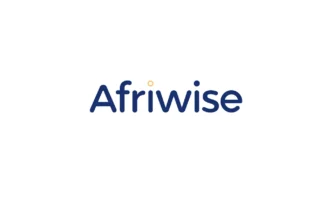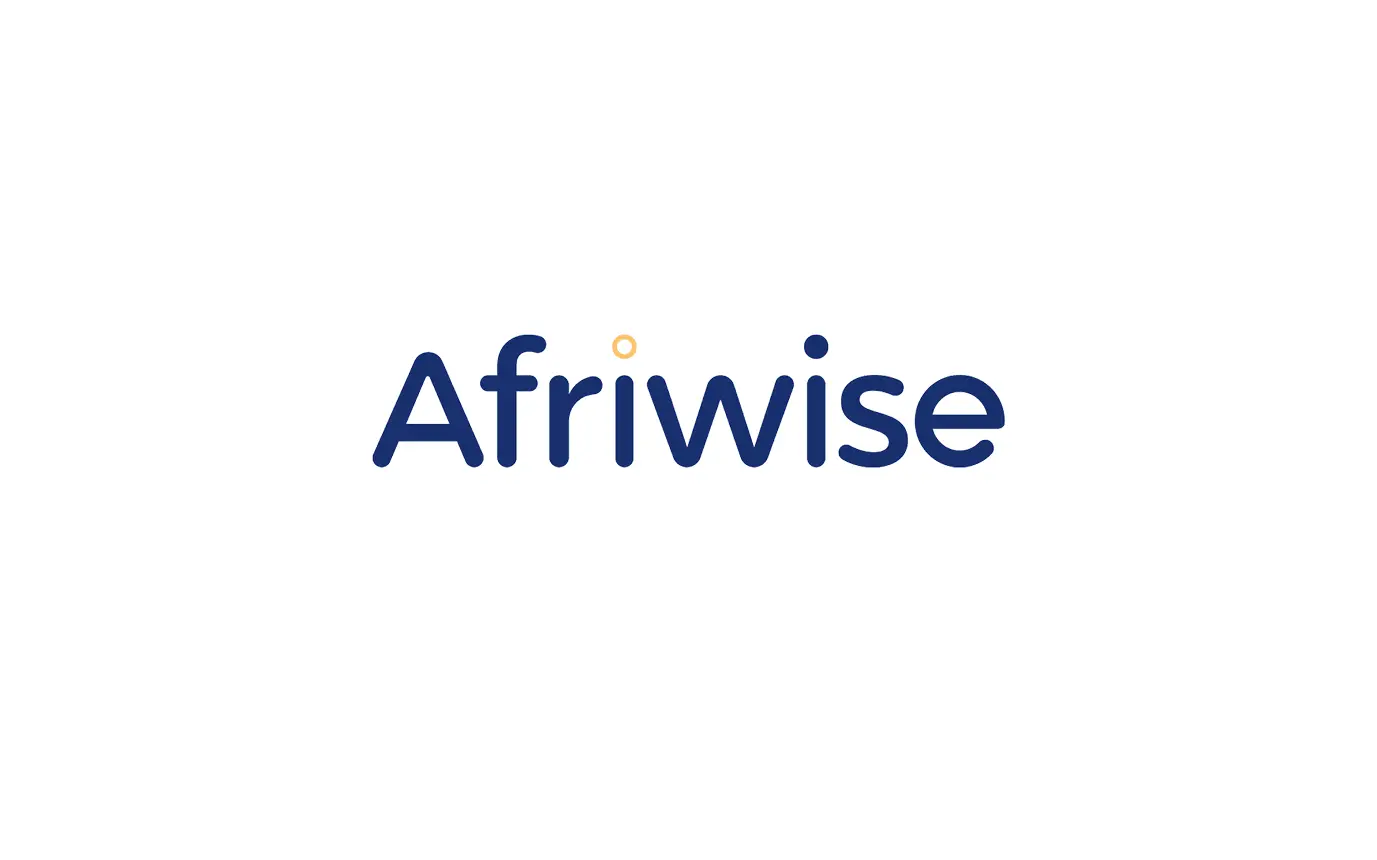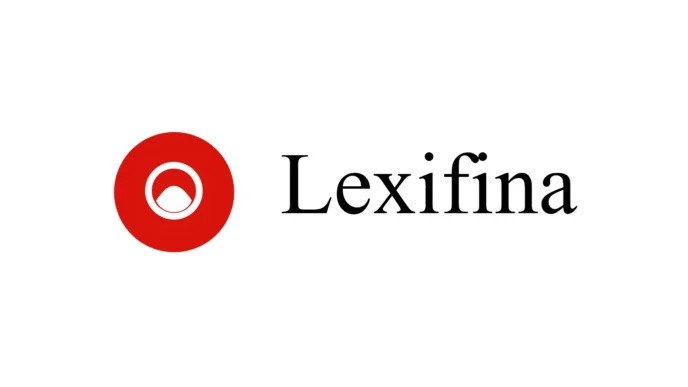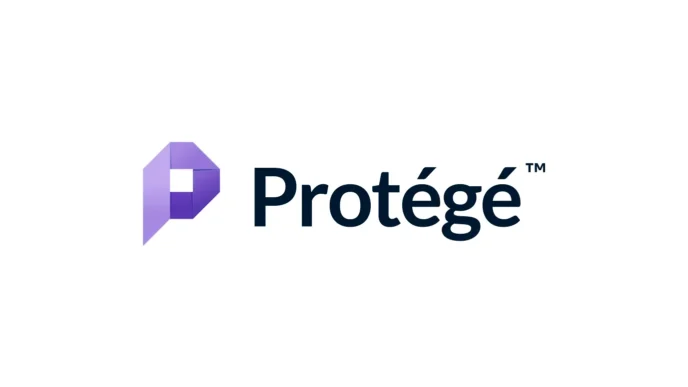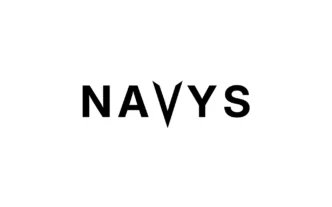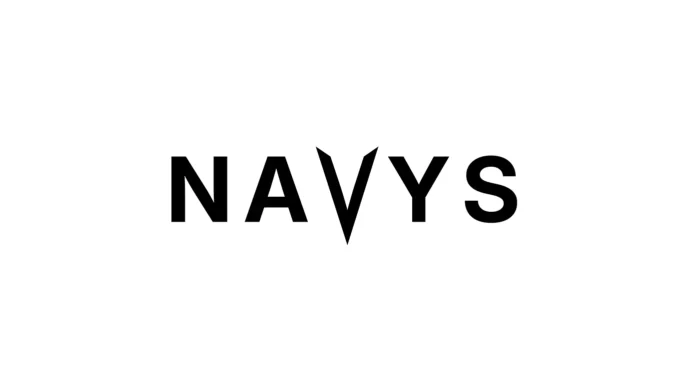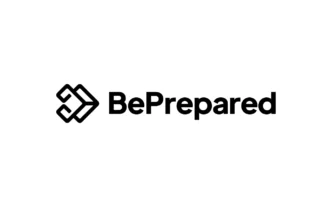If you’ve ever tried to track competition law developments in more than five African jurisdictions at once, or even just tried to compile a clear view on notification obligations across a few nascent regimes, you’ll know the feeling: faced with nothing but a flurry of outdated PDFs, a handful of semi-translated legislative texts, and a few snippets prepared by local or regional law firms (that contradict) there’s no way of confirming the position without on the ground knowledge. That’s been me, too many times. As a competition lawyer advising clients across Africa, I’ve spent more time than I’d care to admit chasing down regulatory updates, verifying sources, and cross-checking citations. So when I came across Afriwise, I was curious, and maybe even a bit hopeful.
Afriwise is a legal and regulatory intelligence platform built for Africa. But unlike most legal tech products we’ve come across, leans into the nuance of Africa, through deep local partnerships, up-to-date legal frameworks, and plain-language guidance tailored to the unique character of each jurisdiction. It’s more than a database. It’s a platform shaped by the legal realities of the continent.
Afriwise’s CEO and founder, Steven De Backer, is no stranger to those realities. A seasoned international lawyer and longtime champion of African legal development, he’s spent much of his career building trust across African jurisdictions, first in private practice, and now as the driving force behind Afriwise. The result is a platform that blends deep legal expertise with a tech-forward, user-centric design. And it’s growing fast.
From Fragmentation to Clarity
At its core, Afriwise aims to answer a basic, yet surprisingly difficult question: what’s the law, right now, in a specific African jurisdiction? The platform covers over 40 jurisdictions, with maintained legal frameworks, curated content and guidance, and a legal monitoring system that offers real-time updates and plain-English explanations. The idea is to give in-house teams, compliance officers, and law firm practitioners alike a clear, actionable picture of the legal landscape, without needing to be everywhere at once.
It’s hard not to appreciate how practical this is. Users can compare guidance across countries, get tailored reports, request clarifications from top-tier local law firms, and even ask for anonymous quotes or direct introductions to experts. There’s something refreshingly pragmatic about it. In a world of AI-generated hallucinations and opaque sourcing, Afriwise promises verified, explainable answers backed by over 180 law firm collaborators across the continent.
TLW: Steven, given your legal background and the scale of Afriwise’s partner network, how did you go about building the trust required to create such a collaborative platform? And how do you maintain consistency across so many jurisdictions?
Steven: “I’ve had the privilege to work as a lawyer in Africa with some of the continent’s top firms, on the ground, since the early 2000s. Over the years I advised on projects and transactions in more than 40 countries, setting up networks and building best-friend relationships with leading practices across the continent. Those experiences taught me early on that trust is the real currency in Africa’s legal world and that trust is what Afriwise had to be built on.
You also have to understand that, when we started, there was nothing to build from. No consolidated databases to tap into, no single source of truth. Laws and regulations are scattered, often unpublished, sometimes contradictory. The only way to build a credible platform was to start with the custodians of that knowledge: the on-the-ground law firms themselves.
And it wasn’t just about collecting laws. We knew from the beginning that our future users in Africa weren’t looking for a static database, they needed context. They needed to understand the grey zones, the practical application, and how regulators interpret the rules. That’s why we needed law firms at the heart of Afriwise: not only to provide the black-letter law, but to explain it, make it actionable, and give it meaning in practice.
From there, we built the consistency. Our editorial framework ensures every contribution is standardised, structured, and quality-checked, so users can compare across jurisdictions without losing the nuance. It’s that combination of deep trust, contextual expertise, and a rigorous editorial process that makes Afriwise what it is today.”
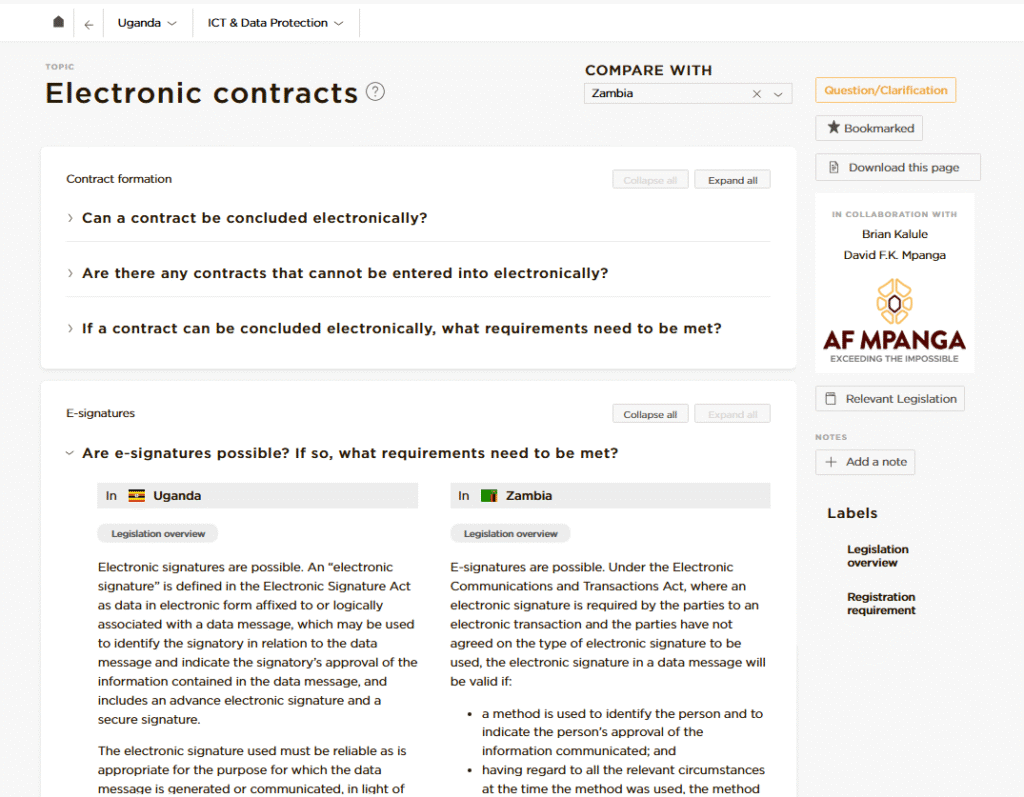
Pan-African, But Never One-Size-Fits-All
Indeed, one thing that stands out about Afriwise is its resistance to oversimplification. Of course, the platform tracks legal developments, but it also contextualizes them. With tools like Afriwise Pulse, users can monitor reforms on a visual timeline, filter updates by country or sector, and receive email alerts that are actually useful (not just noise). The platform also includes Obligations Overviews, standardized summaries that break down complex regulations into digestible, actionable compliance steps.
And it’s not just for one industry. From data protection to anti-money laundering, environmental law to competition enforcement, Afriwise provides both primary legal texts and expert commentary, often with English translations for non-English-speaking countries. There’s an emphasis on what users actually need to know to make informed decisions.
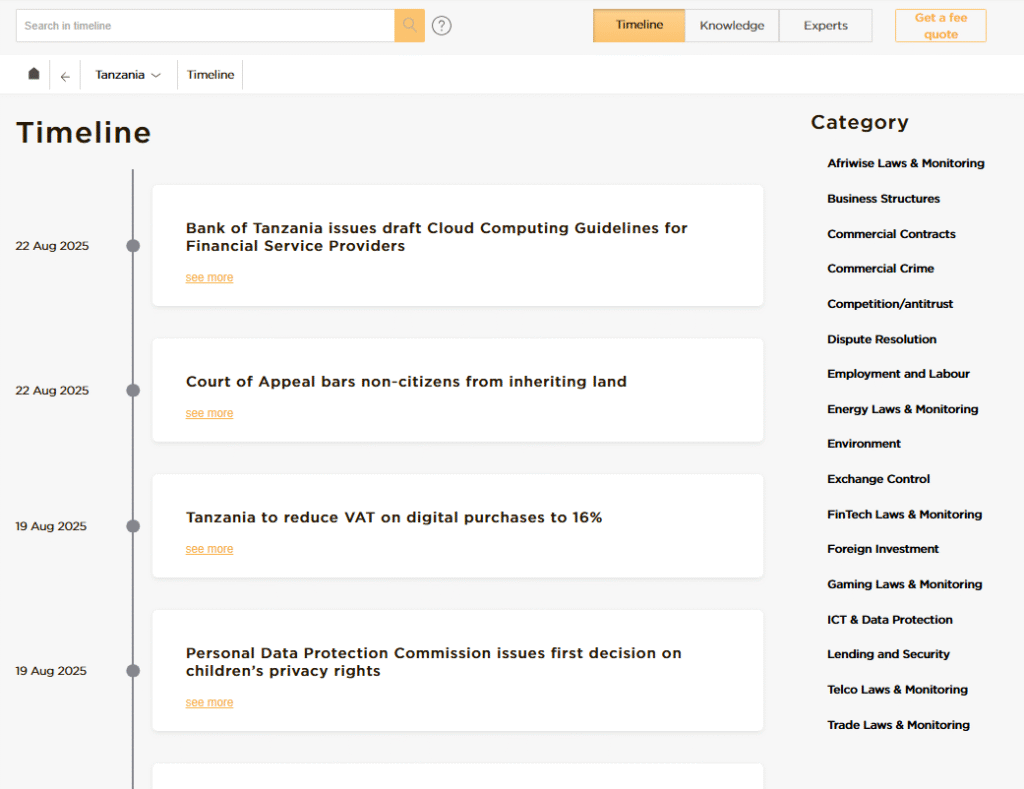
TLW: How do you balance the demand for depth with the need for usability? Have there been particular legal topics (competition, data protection, ESG) where the demand for practical, cross-border insight has been especially strong?
Steven: “Excellent question! From the start, we knew we had to strike a balance between being comprehensive and being practical. That’s why we combined two layers from the outset: broad access to the laws and regulations themselves, and in-depth practical guidance on selected areas.
Initially, we worked with legal departments to identify 22 core areas of law, through surveys, direct feedback, and interaction with in-house teams. Over time, usage patterns showed that around 12 of those areas represented nearly 90% of engagement. These were the areas where companies consistently needed guidance: corporate and commercial law, employment, competition, financial environment, financial matters and so forth, but also heavily regulated areas such as ICT & data protection and commercial crime.
So, we sharpened our focus. We scaled the practical guidance to those high-demand areas – making it possible to go deeper where it mattered most – while at the same time expanding our topical registers of primary sources. That way, our users still have broad coverage across all areas of law, but when it comes to the subjects that drive their day-to-day compliance and business decisions, they get structured, contextualised, and comparative insight. It’s that balance that makes the platform usable without losing depth.”
A Platform That Grows With You
One of the more thoughtful aspects of Afriwise is its modular design. You don’t need to buy into the entire platform at once, nor do you need to be a multinational corporation to find value. The tools scale with your team, whether you’re a solo legal counsel trying to make sense of Zambia’s new consumer protection regime or a regional compliance officer rolling out a pan-African data privacy policy.
That scalability is also cultural. Users are encouraged to submit clarification requests, suggest new questions, and engage with local counsel via the platform. It’s a refreshing loop of feedback and responsiveness, and one that reflects how legal needs actually evolve in practice.
TLW: You’ve spoken before about building Afriwise to “grow with” your users. What does that look like in practice? How do you keep the product responsive to the changing needs of your subscribers without overwhelming them with features?
Steven: “The idea of Afriwise ‘growing with’ our users has been fundamental from the start. Legal, regulatory and compliance needs in Africa aren’t static, they evolve as companies expand, as new regulations emerge, and as priorities shift. That’s why we designed Afriwise to be modular. A small legal team might begin with access to laws and some practical guidance in one or two countries. As they gain confidence, they add more jurisdictions. Over time, many of our clients take the next step: using Afriwise as part of their regulatory risk and compliance processes, through our monitoring tools and tailored, risk-ranked regulatory universes.
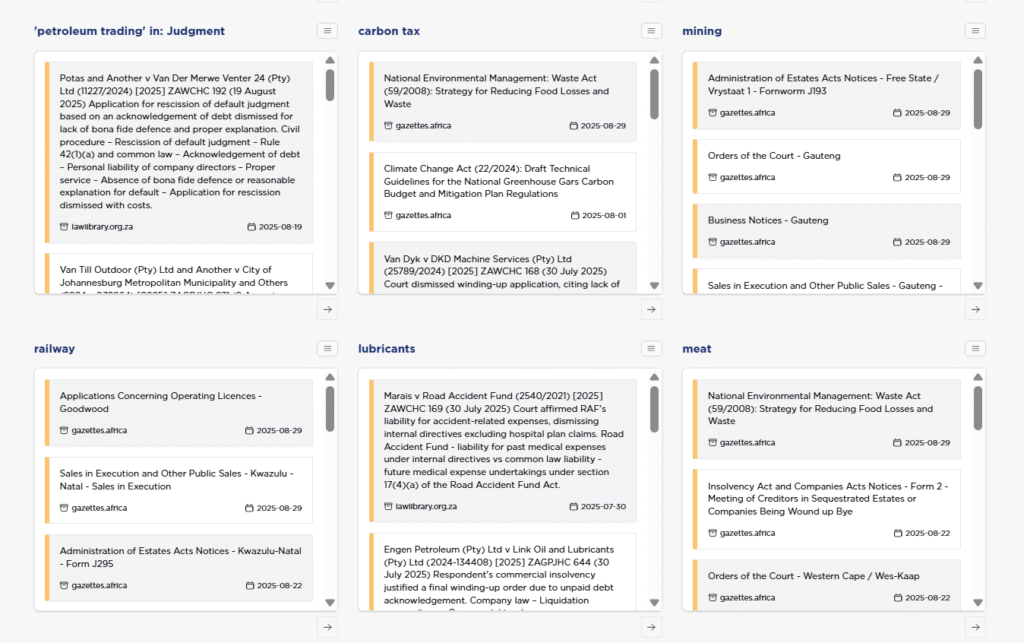
We’ve seen this evolution play out time and again, and we’ve embedded it into our three-phased approach to compliance. Step 1 is ensuring access to the minimum regulatory content needed across key areas of risk. Step 2 is prioritisation: helping clients identify and rank laws and risks by reputational and operational impact. And Step 3 is drilling down into the material obligations that matter most, ensuring organisations are regulator-ready at any given time.
The challenge, of course, is to stay responsive without overwhelming our users. Keeping things simple is at the core of what we do, it’s embedded in our legal design principles. Our solutions are built to be as close as possible to out-of-the-box: unwrap, and off you go. We listen closely to our users, feed requests and ideas of users into product development, but we prioritise ruthlessly: if a feature doesn’t solve a real pain point, it doesn’t make the cut. And because everything in Afriwise is modular, we can switch features and tools on or off for users depending on their needs. That discipline ensures the platform remains intuitive, practical and immediately usable, while still continuously evolving with our subscribers.”
A Complement, Not a Disruption
I’d be remiss if I didn’t say this outright: Afriwise isn’t trying to replace law firms. In fact, its strength lies in the way it partners with them, curating their insights, amplifying their reach, and making their local knowledge more widely accessible. It’s a model that treats legal expertise as a collective asset, not a walled garden.
TLW: Given Afriwise’s close collaboration with law firms, how do you see your role in the broader legal ecosystem? Do you think platforms like Afriwise might change how firms structure their pan-African practices in the future?
Steven: “At Afriwise we’ve never seen ourselves as just a content provider. We enable users not only to access legal and regulatory intelligence, but also to connect directly with the law firms and individual experts behind it. Through our legal procurement tool for example, companies can source the right external expertise quickly and transparently. In other words, we’re not replacing law firms, we’re helping clients find and engage them more effectively.
I’ve always believed that Afriwise is more than an online platform, it’s an ecosystem play. When we started, our mission was to work hand in hand with Africa’s leading firms to make legal knowledge accessible across borders. That collaboration remains extremely important to us and we have a team dedicated to manage the relations with our partner law firms. But we’re now entering a new phase. We’re now starting to build partnerships not only with African law firms, but also with legal tech innovators from around the world whose tools can be adapted to the African context, with other data providers and with progressive African firms who see technology and AI as integral to how they deliver client service.
In the future, I see Afriwise as the connective tissue of the African legal ecosystem: a platform where trusted legal expertise, cutting-edge technology, and data come together. The real opportunity is to tackle specific challenges faced by organisations but also governments. Take the African Continental Free Trade Area, for example. For AfCFTA to work in practice, businesses and regulators need clarity across dozens of jurisdictions on trade rules, customs, competition, tax, and dispute resolution. No single firm, government, or platform can address that complexity alone. But by bringing pan-African data and technology, with the expertise of leading local firms and the innovation of global legal techs, we can create practical, scalable solutions that make the ambitions of AfCFTA workable on the ground. That’s the model we believe in: partnerships that elevate the whole ecosystem and bring Africa’s legal sector, and the clients it serves, to the next level.”
So, What’s Next?
It’s easy to imagine a world where Afriwise becomes the go-to legal intelligence layer for companies doing business across Africa. But what excites me most is its potential to unlock better questions, not just faster answers. By making legal information more transparent, more comparable, and more navigable, it gives legal teams the tools to shift from reactive compliance to strategic foresight.
TLW: Where do you see the greatest opportunity for legal transformation in Africa today, particularly when it comes to using platforms like Afriwise to anticipate, not just respond to, change?
Steven: “The greatest opportunity for legal transformation in Africa lies in shifting from a reactive to a proactive mindset. Too often, organisations only act once a law is enacted or a problem lands on their desk. Afriwise is already changing that. By monitoring thousands of legal and regulatory sources across the continent, structuring that information, and ranking risks, we enable companies and governments to anticipate rather than react.
What really excites me is how AI will accelerate this. African regulators often look to each other when shaping new rules. With the right data and technology, it becomes possible to spot these trends early and predict where change is heading. This allows a manufacturer, for example, to prepare for environmental standards that are likely to spread across regions.
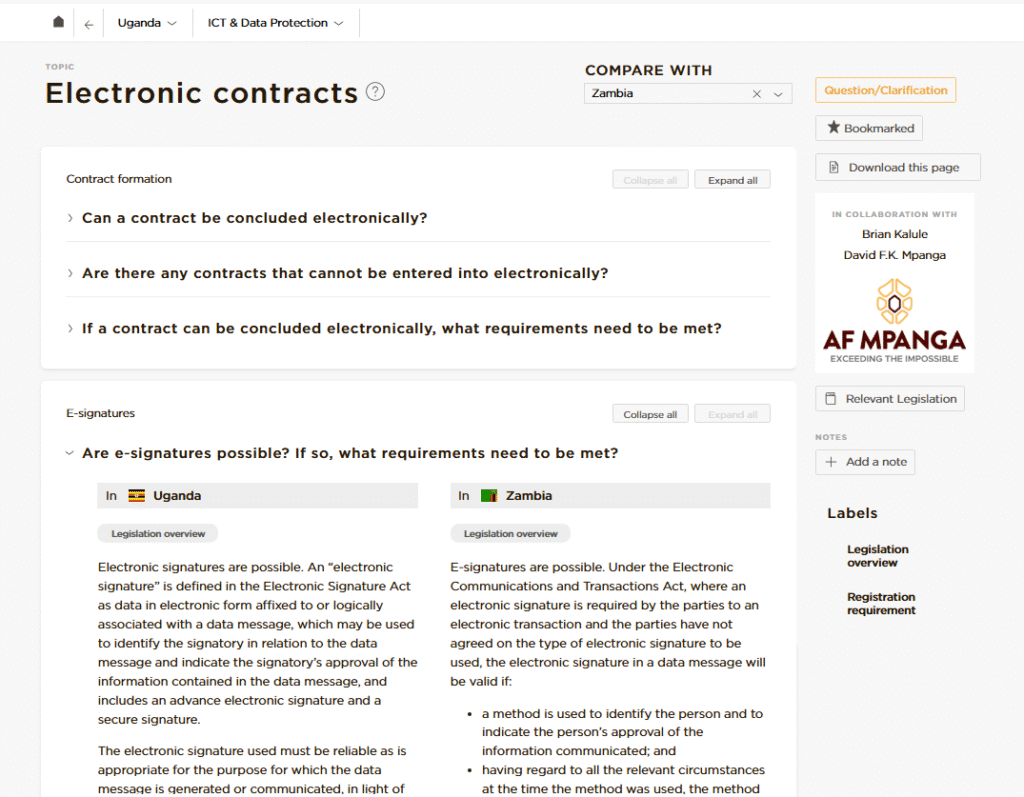
And it goes beyond compliance. Imagine a logistics company wanting to move goods across borders: automated analysis of trade laws, customs duties, and tariff schedules can reveal viable pathways and flag bottlenecks before they arise. Or think of policymakers and regulators themselves: with data and AI, they can benchmark against peers, identify gaps in their frameworks, and align reforms with continental initiatives like AfCFTA.
In other words, the opportunity isn’t just to digitise African law. It’s to build predictive, data-driven tools that empower businesses to move faster, regulators to legislate smarter, and Africa as a whole to leapfrog into a future where legal foresight drives growth, integration, and trust.”
As someone who has wrestled with the patchwork of laws, regulators, and reform timelines across African jurisdictions, I can say this much: Afriwise doesn’t just make things easier, it makes them possible. And that might be the most powerful feature of all.



